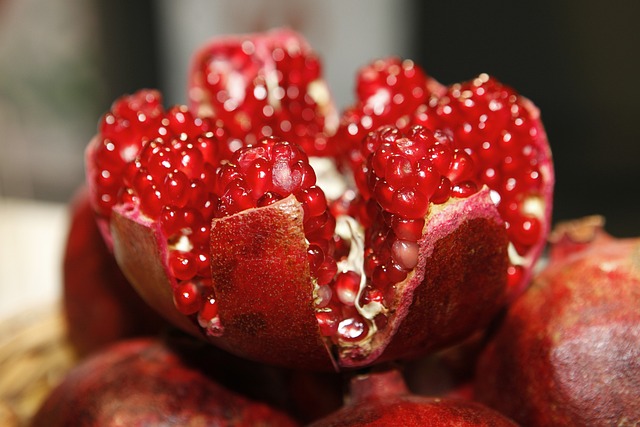Unleashing the Benefits: How Probiotics Can Transform Your Well-Being
The phrase “you are what you eat” has never rung truer when it comes to the health of our gut. Our digestive system plays a vital role in our overall well-being. And one of the latest buzzwords in the world of health and nutrition is probiotics. These tiny organisms are becoming increasingly popular for their ability to promote a healthy gut and improve various aspects of our health.
What are Probiotics?
In simple terms, probiotics are live bacteria and yeasts that offer various health benefits when consumed in adequate amounts. While bacteria are often associated with illness and infection, not all bacteria are bad for us. In fact, our bodies are home to trillions of microorganisms, including both good and bad bacteria. Probiotics are the beneficial bacteria that can support our gut health when taken orally as supplements or consumed through certain fermented foods.
The Importance of a Healthy Gut
Our gut, also known as the gastrointestinal tract, is responsible for digesting food, absorbing nutrients, and eliminating waste. It also plays a significant role in our immune system and even influences our mental health. A healthy gut is essential for a strong immune system, proper digestion, and overall well-being.
Unfortunately, modern lifestyles, stress, poor diets, and the overuse of antibiotics can disrupt the balance of good and bad bacteria in our gut. This imbalance can lead to digestive issues, nutrient deficiencies, weakened immunity, and even contribute to mental health conditions such as anxiety and depression.
The Benefits of Probiotics
Probiotics have been extensively studied for their numerous health benefits. Here are some ways in which probiotics can transform your well-being:
1. Improved Digestion
Probiotics help restore the natural balance of bacteria in your gut, which can improve digestion and relieve common digestive issues such as bloating, gas, and constipation.
2. Enhanced Immune System
A significant portion of our immune system resides in our gut. Probiotics help strengthen the immune system by supporting the production of antibodies and enhancing the activity of immune cells.
3. Mental Health Support
Research has shown a strong connection between the gut and the brain, often referred to as the “gut-brain axis.” Probiotics can influence the production of neurotransmitters, such as serotonin, which plays a crucial role in mood regulation. Taking probiotic supplements may help reduce symptoms of anxiety and depression.
4. Healthy Skin
Several skin conditions, including acne and eczema, are linked to inflammation and an imbalance of bacteria in the gut. Probiotics can help reduce inflammation and promote healthier skin from the inside out.
5. Weight Management
Studies have suggested that certain strains of probiotics may support weight loss and prevent weight gain by affecting the hormones and enzymes involved in appetite control and fat storage.
How to Incorporate Probiotics into Your Diet
There are several ways to introduce probiotics into your diet:
1. Yogurt
Yogurt, especially those labeled with “live and active cultures,” is an excellent source of probiotics. Look for yogurt made from organic milk and containing strains such as Lactobacillus and Bifidobacterium for optimal benefits.
2. Kefir
Kefir is a fermented milk drink that is rich in probiotics. It has a tangy taste and can be enjoyed plain or added to smoothies for a probiotic boost.
3. Sauerkraut
Sauerkraut is a traditional fermented food made from cabbage. It is full of beneficial probiotic bacteria and can be added to salads or enjoyed as a side dish.
4. Kimchi
Kimchi, a Korean fermented vegetable dish, is another fantastic source of probiotics. It is







